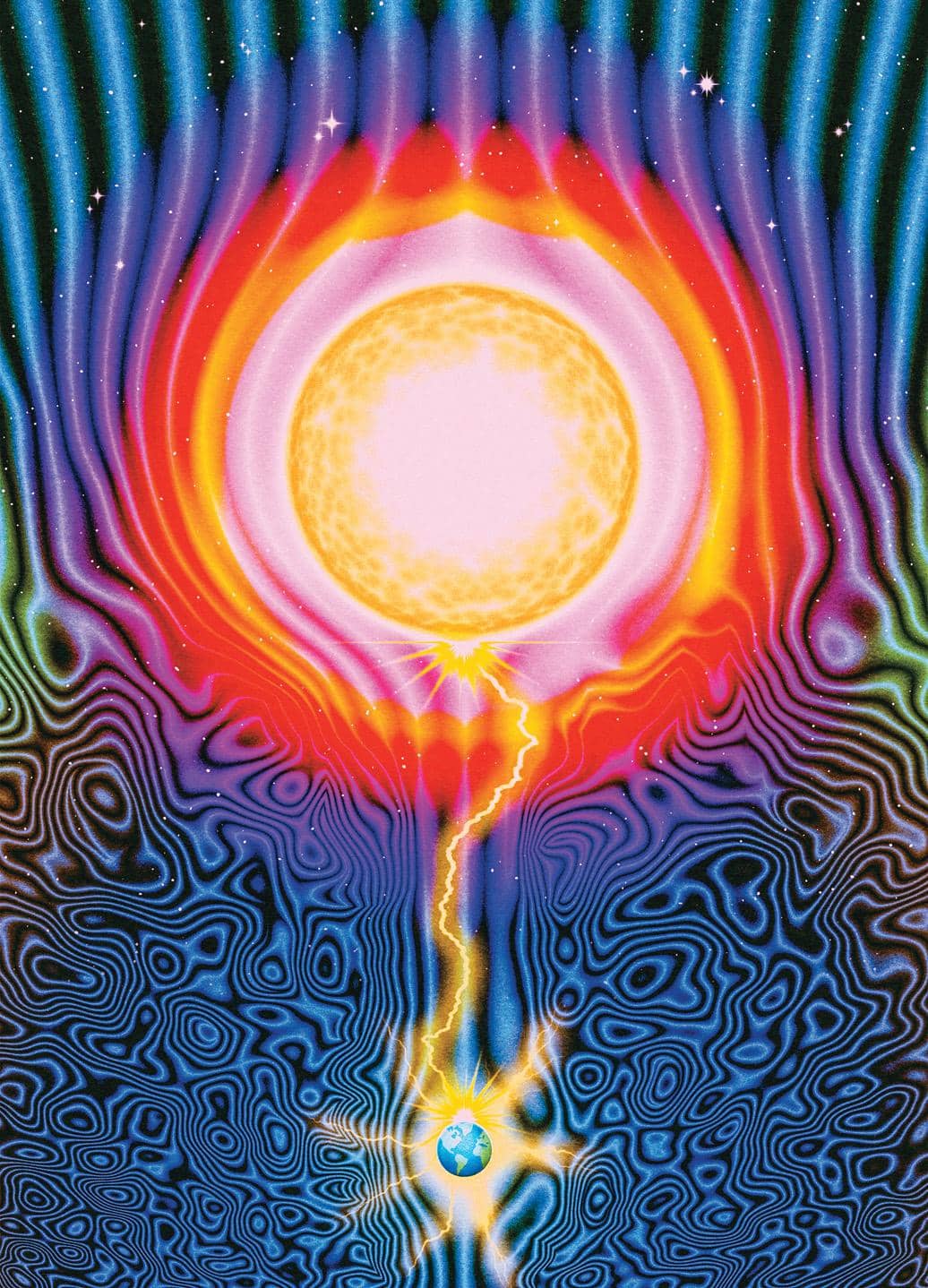
Ken Tegnell's first home was on Alcatraz. At the time this was in the nineteen-fifties-there was, in addition to the federal penitentiary, a preschool, a post office, and housing for prison employees and their family members. That included Tegnell, who lived with his mother and grandfather, a guard, while his father was stationed in Korea. The whole of Alcatraz Island is less than a tenth of a square mile, so, despite all the security measures and DO NOT ENTER signs, the inmates and civilians were never very far apart. Yet even given the proximity to the likes of Whitey Bulger, it was a peaceful place to live. The view was spectacular, almost none of the non-incarcerated residents locked their doors, and almost all of them knew one another and shared the camaraderie of an unusual identity. We were an odd group of people,Tegnell jokes, and that's why I'm strange the way I am.
When Tegnell's father returned from Korea, the family moved away, and then moved often. But eventually Tegnell returned to the Bay Area-this time to attend Berkeley, which, by the late nineteen-sixties, was another island of odd people. While taking an astronomy course there, he attended a lecture by a not yet famous scientist named Carl Sagan. Interested in things that happen in the sky and unmoved by the hippie culture around him, Tegnell joined the Air Force, in 1974. The military taught him to use telescopes and radio arrays, then sent him to the Learmonth Solar Observatory, at the northwestern tip of Australia, to gather data about the sun. He served two tours there, twelve hours from anything that could be called a city-a godforsaken place, as Tegnell recalls it, but gorgeous, with beautiful beaches, terrific fishing, and almost no rainfall year-round. Whether working or playing, he spent his days there looking at the sun.
Diese Geschichte stammt aus der March 04, 2024-Ausgabe von The New Yorker.
Starten Sie Ihre 7-tägige kostenlose Testversion von Magzter GOLD, um auf Tausende kuratierte Premium-Storys sowie über 8.000 Zeitschriften und Zeitungen zuzugreifen.
Bereits Abonnent ? Anmelden
Diese Geschichte stammt aus der March 04, 2024-Ausgabe von The New Yorker.
Starten Sie Ihre 7-tägige kostenlose Testversion von Magzter GOLD, um auf Tausende kuratierte Premium-Storys sowie über 8.000 Zeitschriften und Zeitungen zuzugreifen.
Bereits Abonnent? Anmelden

ART OF STONE
\"The Brutalist.\"

MOMMA MIA
Audra McDonald triumphs in \"Gypsy\" on Broadway.

INTERNATIONAL AFFAIRS
\"Black Doves,\" on Netflix.

NATURE STUDIES
Kyle Abraham's “Dear Lord, Make Me Beautiful.”

WHAT GOOD IS MORALITY?
Ask not just where it came from but what it does for us

THE SPOTIFY SYNDROME
What is the world's largest music-streaming platform really costing us?

THE LEPER - LEE CHANGDONG
. . . to survive, to hang on, waiting for the new world to dawn, what can you do but become a leper nobody in the world would deign to touch? - From \"Windy Evening,\" by Kim Seong-dong.

YOU WON'T GET FREE OF IT
Alice Munro's partner sexually abused her daughter. The harm ran through the work and the family.

TALK SENSE
How much sway does our language have over our thinking?

TO THE DETECTIVE INVESTIGATING MY MURDER
Dear Detective, I'm not dead, but a lot of people can't stand me. What I mean is that breathing is not an activity they want me to keep doing. What I mean is, they want to knock me off. My days are numbered.